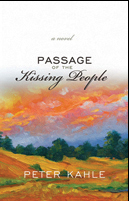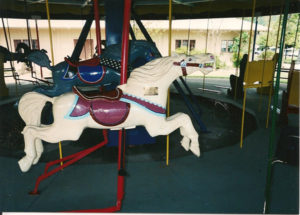Nurses Recognition Awards: The Daisy Foundation
Went to a memorial for an old friend, Marilyn Lauer. She had a dry wit, liked a dry martini. Heart goes out to her husband Dave.
Her obit had mentioned donations to the Daisy Foundation. Looked it over online, it’s a family foundation for Patrick Barnes, who died of an autoimmune disease. The family was impressed by the skill of the nurses, but that they’d sort of expected. What moved them was the kindness, the respect and compassion the nurses showed the patient and his family. They wanted to recognize that. So they built a foundation and they provide a set of standards/awards for hospitals and health care sites. It’s mostly all paper, but it is recognition. Recognition helps nurses fight off burn-out. That’s a good thing.
I might be a trifle sensitive on the subject having recently been to the emergency room with my 100-year-old-mother and seen that care+kindness in operation, hour after hour.
So then I went to the memorial for Marilyn, where I met Mark Barnes, Patrick’s father, and Marilyn’s one-time brother-in-law. He is based in Glen Ellen, Ca., site of of much of my book, Passage of the Kissing People. Mark is very persuasive. We will be making a donation.
For more information :
https://www.daisyfoundation.org/about
,


